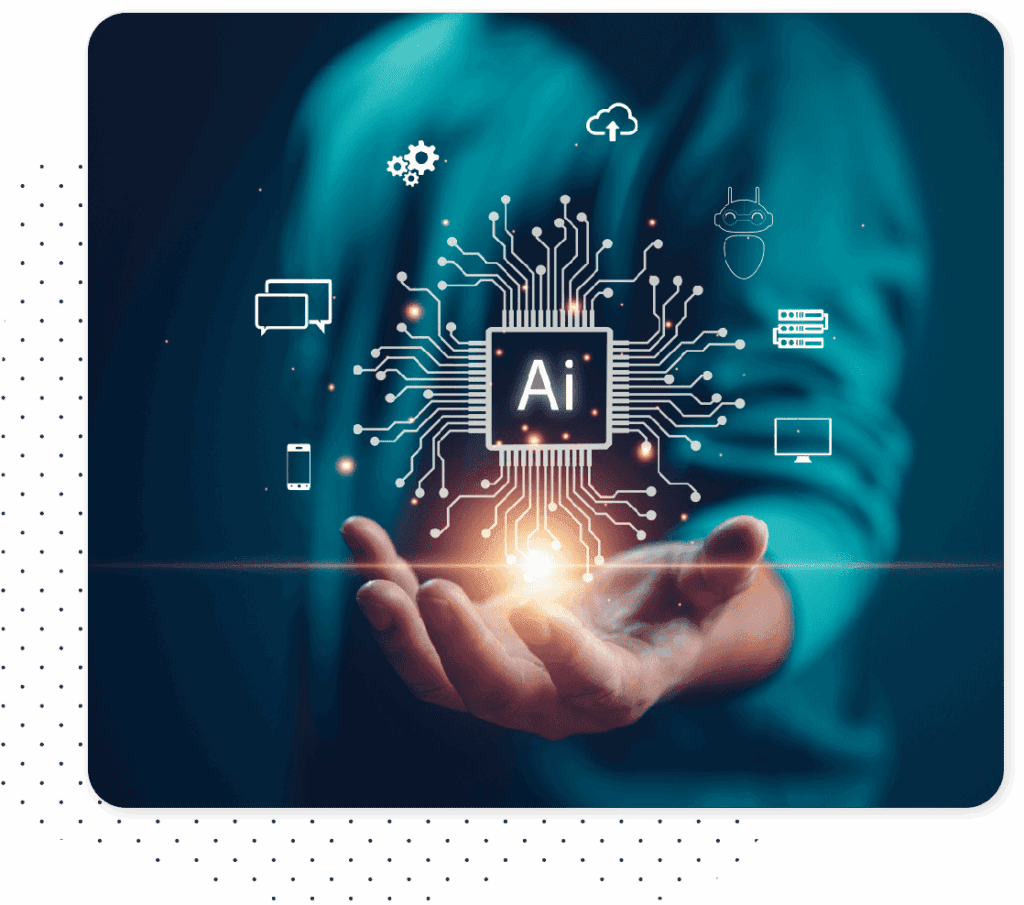
In the age of AI, skills-based hiring is the key to building future-ready workforces.
Skills-based hiring (SBH) is the practice of evaluating candidates based on their proven skills, competencies, and potential—rather than relying solely on education or experience typically found on traditional resumes.
For decades, employers leaned on resumes to gauge educational credentials and job titles as a proxy for talent. But in today’s dynamic workplace, those signals rarely predict success. Skills-based (or skills-first) hiring flips the script with predictive hiring, focusing on what candidates can do, not just what they claim to have done.
Hiring for skill is 5x more accurate than hiring for credentials
When degrees are optional, millions of skilled workers can shine
Work is changing faster than ever, and old hiring signals can’t keep up. Resumes fade, degrees expire—but transferable skills show who’s ready to thrive in the future of work.
McKinsey reports that 87% of companies are already facing or expect to face skills gaps within five years. SBH helps close that gap by uncovering hidden talent in nontraditional candidates.
With AI, anyone can fake a resume or interview. Validated assessments help employers see past the noise and spot genuine capability.


Harver helps global employers adopt skills-first hiring at scale, powered by science and proven outcomes.
Since our inception, we’ve supported over 1,300 companies in assessing more than 100 million candidates—proving that when you measure what people can do, you hire with confidence and fairness.



Every great hire starts with understanding the
role. Analyzing the day-to-day activities of each position allows us to identify the exact skills required for success at your organization. This ensures that assessments are tailored, fair, and directly connected to real performance needs.
Our predictive assessments for hiring go beyond resumes and self-reported skills. From cognitive and behavioral traits to job-specific knowledge, Harver evaluates the qualities that truly drive performance. The result: data you can trust to identify the right candidates with confidence.


Skills-based hiring only works if it drives real outcomes. Harver connects assessment data to post-hire metrics—like retention and performance—so you can see which skills matter most and continuously improve your process.
AI can help you scale, but it must be explainable and fair. Harver combines predictive analytics with human oversight to ensure decisions are transparent, compliant, and bias-aware. That means you get the benefits of AI without the risks of “black box” hiring.


Hiring decisions don’t happen in a vacuum. Harver integrates seamlessly with your ATS and recruiter workflows, turning complex skills data into clear, actionable insights. This not only streamlines your process but also proves ROI with measurable improvements over time.


The Science of Skills-Based Hiring
Get the full picture of how to implement skills-based hiring responsibly and effectively
Learn more about skills-based hiring. Below are answers to the most common questions about how it works, why it is important, and how it improves hiring efficiency and outcomes.
Artificial intelligence is rapidly transforming job roles, making static credentials less relevant. At the same time, AI-generated resumes and cover letters make it harder to evaluate candidates accurately. Skills-based hiring ensures organizations measure what matters—adaptability, problem-solving, and transferable human skills that AI cannot replicate.
Degree requirements exclude millions of qualified workers, especially from underrepresented groups. Skills-first hiring removes these barriers, widening the talent pool and giving opportunities to Skilled Through Alternative Routes (STARs). This creates a more inclusive and equitable hiring process.
Critical thinking, communication, problem-solving, adaptability, resilience, and curiosity are some of the most important transferable skills. These are the capabilities that enable employees to succeed even as technical requirements and technologies evolve.
Harver provides a scalable platform for skills-first hiring. Our solution includes job analysis, predictive assessments, evidence-based validation, AI with human oversight, and seamless ATS integration. We help organizations link pre-hire skills data to post-hire outcomes like retention and promotability, ensuring continuous improvement in hiring strategies.
Yes. While the urgency is highest in industries facing rapid digital transformation—such as technology, BPO, retail, financial services, and manufacturing—skills-based hiring benefits any organization that wants to close skills gaps, reduce bias, and build future-ready teams.

Ready to serve you with our full suite of talent solutions and a fresh look!